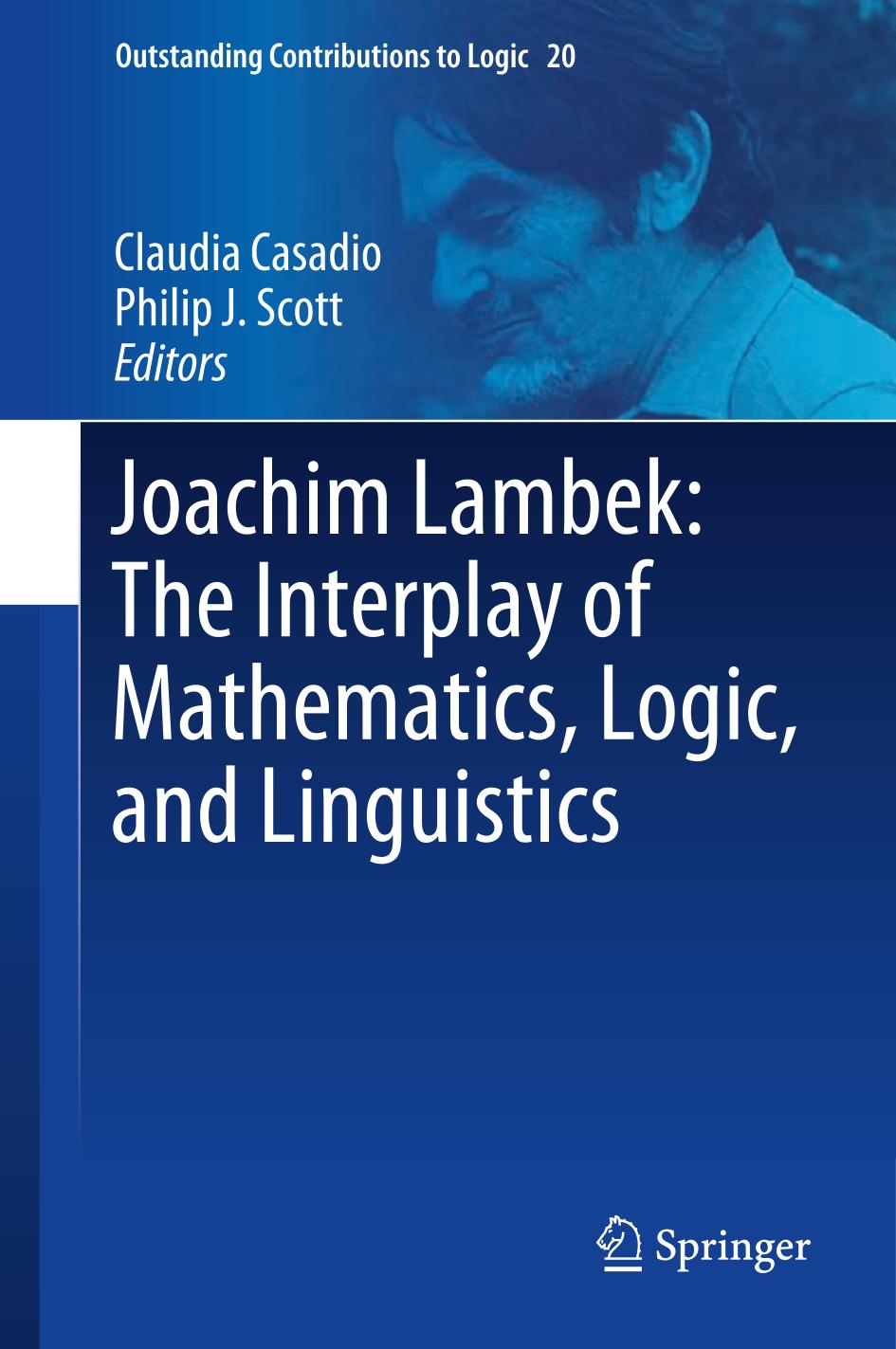

Most ebook files are in PDF format, so you can easily read them using various software such as Foxit Reader or directly on the Google Chrome browser.
Some ebook files are released by publishers in other formats such as .awz, .mobi, .epub, .fb2, etc. You may need to install specific software to read these formats on mobile/PC, such as Calibre.
Please read the tutorial at this link: https://ebookbell.com/faq
We offer FREE conversion to the popular formats you request; however, this may take some time. Therefore, right after payment, please email us, and we will try to provide the service as quickly as possible.
For some exceptional file formats or broken links (if any), please refrain from opening any disputes. Instead, email us first, and we will try to assist within a maximum of 6 hours.
EbookBell Team

0.0
0 reviewsThis book is dedicated to the life and work of the mathematician Joachim Lambek (1922–2014). The editors gather together noted experts to discuss the state of the art of various of Lambek’s works in logic, category theory, and linguistics and to celebrate his contributions to those areas over the course of his multifaceted career.
After early work in combinatorics and elementary number theory, Lambek became a distinguished algebraist (notably in ring theory). In the 1960s, he began to work in category theory, categorical algebra, logic, proof theory, and foundations of computability. In a parallel development, beginning in the late 1950s and for the rest of his career, Lambek also worked extensively in mathematical linguistics and computational approaches to natural languages. He and his collaborators perfected production and type grammars for numerous natural languages. Lambek grammars form an early noncommutative precursor to Girard’s linear logic. In a surprising development (2000), he introduced a novel and deeper algebraic framework (which he called pregroup grammars) for analyzing natural language, along with algebraic, higher category, and proof-theoretic semantics.
This book is of interest to mathematicians, logicians, linguists, and computer scientists.